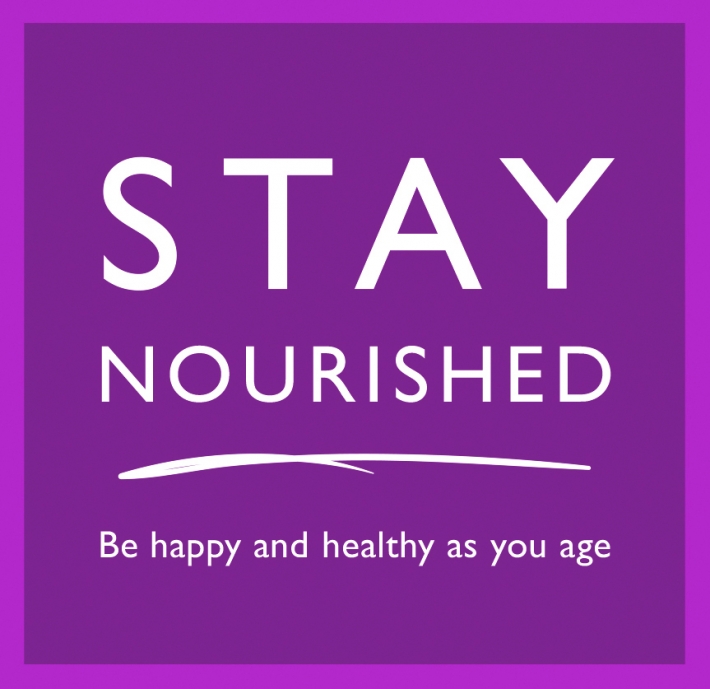By Lucy Darnell
Home Instead East Northants
AS we age, physical changes to our bodies occur which can affect the way we think and feel about food. These changes can prevent us from having access to a healthy diet and can also make us believe we are less hungry, resulting in us eating less.
Some of the changes may include reduced mobility, surgery, illness and medication. Older people might also experiences changes in their mouths including a decreased production of saliva and changes to teeth and jaw shape may mean dentures no longer feel comfortable or fit correctly.
Here are some myths about ageing and eating a healthy diet that might surprise you.
1. Your stomach reduces as you get older: although appetite and capacity to eat may change, stomach size does not shrink when we get older. Our bodies change as we age and there is usually a decrease in lean body tissue and an increase in fat tissue, but the stomach stays the same size.
2. You need to eat less when you get older: people often wrongly believe that as energy requirements reduce, we need to reduce our food intake but this isn’t the case. Our metabolism may slow down when we age but eating good food is what protects and fuels our bodies and is key to ageing well.
3. Weight loss is healthy: unfortunately, this is not the case when we get older. Instead, dieting and unintentional weight loss should be avoided in later years unless advised by a GP or dietician. Instead, an eating plan packed with essential nutrients and vitamins should be followed.
4. You should only eat when you feel like it: the ageing process can affect the usual triggers that tell us if we are hungry or full. An outright loss of appetite is not normal and could be a symptom of an underlying health problem.
5. You need a low-fat diet: ccontrary to popular opinion, a low-fat diet is not always the best approach, especially for older people. Some fats are important as a source of calories and some older people may need to eat more to maintain a healthy weight.
6. Eat more vegetables: nutrient-rich vegetables are essential in any diet, but should be eaten as part of a balanced diet including protein, carbohydrates and fluids. Protein is, in fact, more important as we age as it protects our muscles, immune system, body organs and brain.
7. You only need to drink water when you’re thirsty: if you feel thirsty, chances are it is your body telling you that you are low on hydration. Dehydration can cause confusion and hampers normal kidney function. It may also worsen other conditions that commonly affect older people.
8. Meal supplements are sufficient: our bodies cannot live off meal supplements and vitamins alone. Some supplements can interact with medication and some just don’t work the way they claim to.
9. You must always eat three square meals a day: making sure you eat regularly is essential to remaining healthy and well, but eating three satisfying meals a day can be a struggle if your appetite is affected. If three good-sized meals are too much of a challenge, by eating five or six smaller meals or well-proportioned snacks. Make sure that the food you eat throughout the day contains different sources of energy such as protein, carbohydrate, vegetables, fats and dairy.
10. Malnutrition is a symptom of getting older: malnutrition can affect anyone at any age and is not a normal aspect of the ageing process. Malnutrition can occur in bodies of any size, large or small, but older people are particularly at risk. Don’t dismiss the warning signs of malnutrition as being par for the course.
Although families may want to help, many lack the time and capacity every day to ensure their loved one is eating a healthy balanced diet. If you are not able to monitor food intake and there are warning signs, then raise your concerns with the individual’s GP and ask for a dietician appointment. Remember that help is never far away.
If you would like to speak to someone at Home Instead, do not hesitate to get in touch. We also welcome any suggestions for future topics from you all. All you have to do is write to me at or by post to Home Instead East Northants, 3 Regent Park, Booth Drive, Park Farm South, Wellingborough, Northants, NN10 0ND


